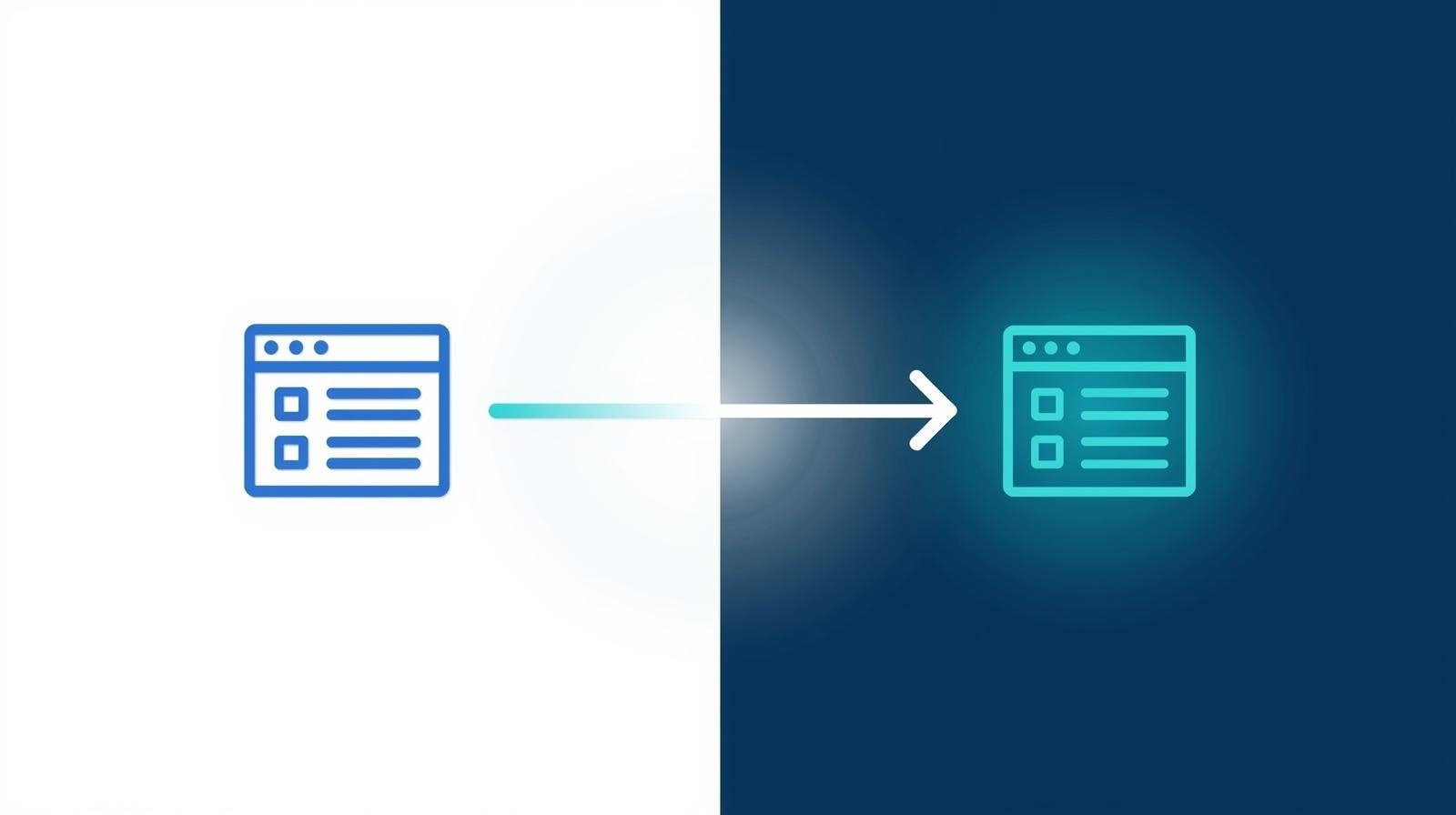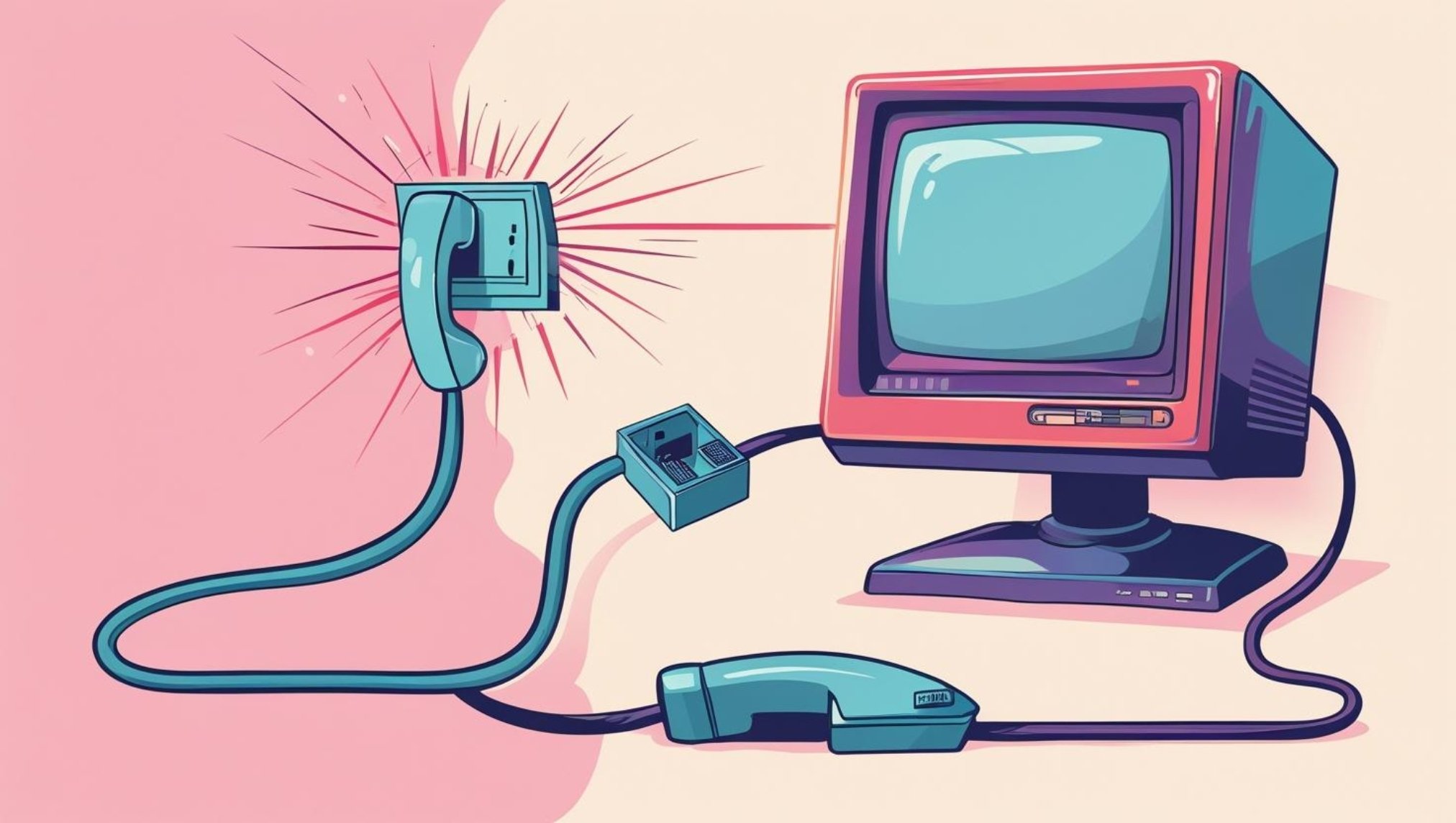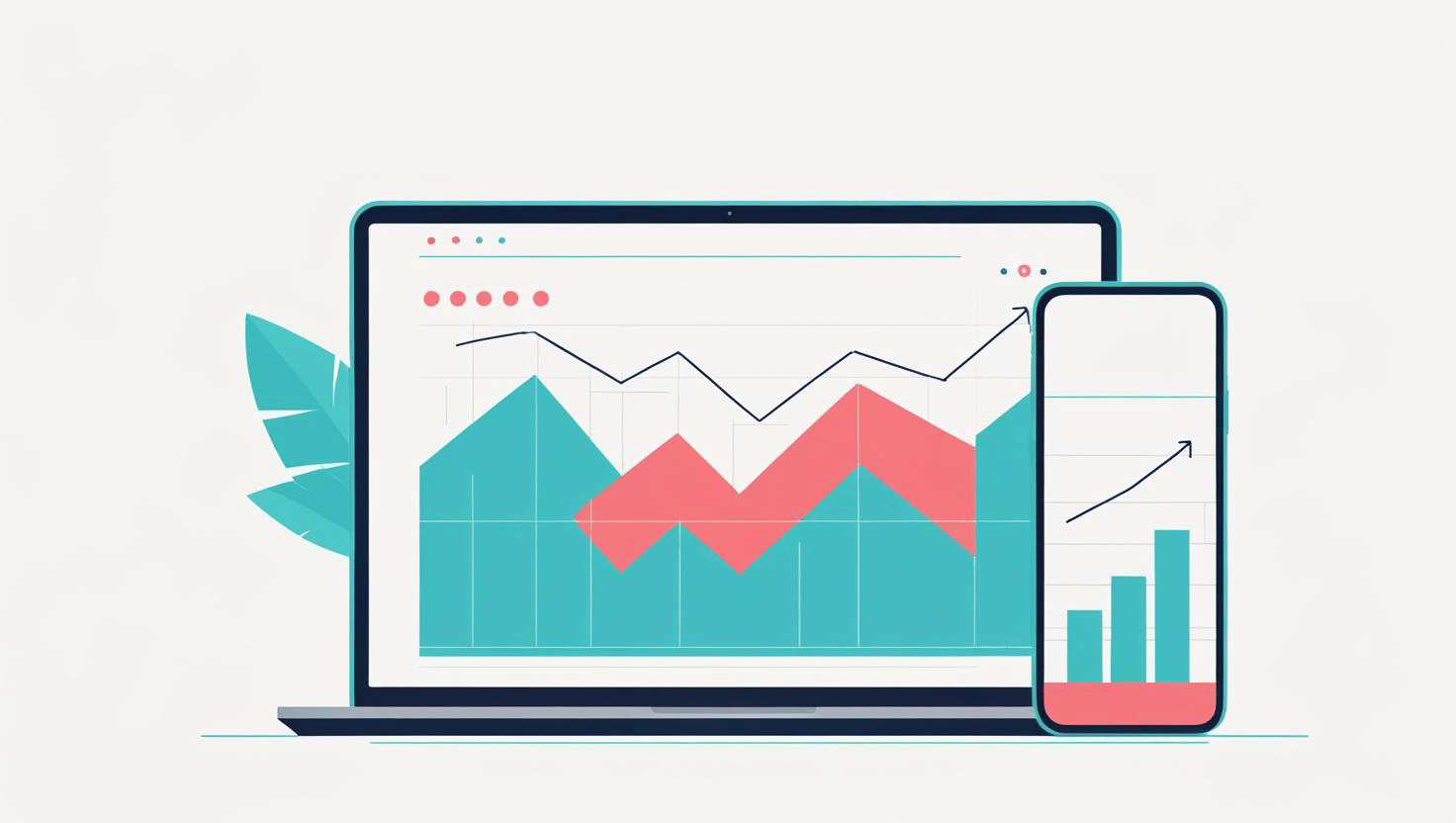
Farewell to the Beeps: AOL Pulls the Plug on Dial-Up — A Nostalgic Look Back
Farewell to the Beeps: AOL Ends Dial-Up Internet
On September 30, 2025, America Online (AOL) will officially discontinue its dial-up internet service, ending a 34-year run that connected millions of homes to the web through phone lines and noisy modems (Washington Post, 2025) (The Verge, 2025). Alongside the service itself, AOL will also shut down the AOL Dialer software and AOL Shield browser, both optimized for the now-outdated technology (Tom’s Hardware, 2025).
Dial-Up in the Late ’90s: The Sound of the Internet
In the late 1990s, connecting to the internet often meant hearing the unforgettable screech and static of a 56 kbps modem (Wikipedia: Dial-up Internet Access). You couldn’t make phone calls while online, and websites loaded one image at a time. But for millions, this was the first glimpse into a connected world.
AOL became the dominant gateway. With aggressive marketing—sending out millions of CDs through the mail, in magazines, and even in cereal boxes—it grew from 3 million subscribers in 1995 to over 20 million by 2000 (Wikipedia: AOL).
Culturally, AOL was more than an internet provider:
-
“You’ve got mail!” became a household phrase (Washington Post, 2025).
-
Chat rooms and AOL Instant Messenger (AIM) connected people in real time, long before Facebook or WhatsApp (Snagged.com, 2025).
-
Its online community shaped how people used the internet in its earliest years (The Guardian, 2025).
The Slow Fade of Dial-Up
By the mid-2000s, broadband services like DSL, cable, and fiber began replacing dial-up with faster, always-on connections (Wikipedia: Dial-up Internet Access). These technologies allowed people to stream video, download files, and use the phone at the same time—something dial-up could never do.
By 2015, AOL’s dial-up subscriber count had dropped from millions to a small fraction of its peak (News Minimalist, 2025). By 2021, only a few thousand users remained, mostly in rural areas where broadband was still limited (New York Post, 2025).
What the Shutdown Means
While most of the world has moved on, some customers—particularly in regions with poor broadband access—still rely on dial-up. These users will now need to transition to other options, including DSL, satellite, or mobile internet (People, 2025).
AOL’s email and portal services will remain available (The Verge, 2025), but the sound of the modem handshake will vanish from the present, becoming pure nostalgia.
Looking Back, Moving Forward
The end of AOL’s dial-up service is more than just a technical change—it’s the closing chapter of a cultural moment. For many, it recalls the thrill of logging on for the first time, hearing “You’ve got mail,” and discovering an entirely new world from the glow of a CRT monitor.
Dial-up may be gone, but its legacy lives on in the way it introduced an entire generation to the internet—slowly, noisily, and with a lot of charm.
Sources
-
The Washington Post – End is near for the landline-based service that got America online in the '90s
-
Tom’s Hardware – AOL will end dial-up internet service in September, 34 years after its debut
-
The Guardian – End of an era: AOL to discontinue its dial-up internet service after 30 years
-
People – AOL to End Its Iconic Dial-Up Service in September After Over 30 Years of Operation
-
New York Post – AOL Will Shut Down Its Dial-Up Service — a Relic of the Early Internet
-
Snagged.com – From Discs to Dial-Up: The Iconic Age of America Online


